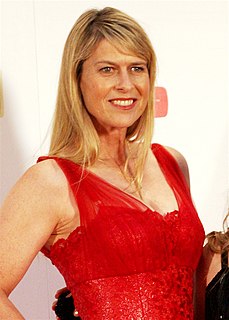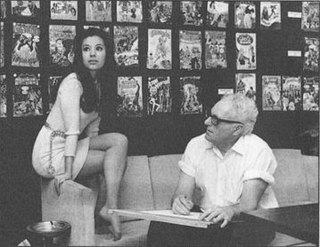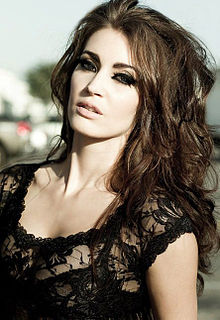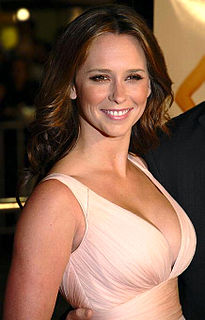A Quote by Leigh Bardugo
The one part of the Wonder Woman' story that never really did much for me was Steve Trevor.
Related Quotes
There aren't a lot of female story artists, and it's baffling to me. There are a lot of kids in school that are female and I wonder, 'Where did they all go?' People have brought it up, asking me, 'What did you do?' I don't really know. I puttered along, did my thing and gender has really never been an issue.
I immediately felt better about killing him. I’ve never known a Trevor who wasn’t a total douchebag. It’s just one of those names that goes so nicely with selfish, arrogant, malicious behavior—and really, what did I know about this guy? Nothing, except that his name was Trevor and he’d been nabbed in the midst of breaking-and-entering. That was plenty.
Steve hadn't been to acting school. He had no preconceived notions. His background was exactly what you see on television; he's done that all his life. We thought we'd do one show. What happened was, it did really well, so we did a part two. And from then on, we found that Steve's natural behavior in the wild happens to be fascinating!
So, it's always different. Some stuff, you want to do because it's a part that you've never played. It's always for story. Sometimes there's a story that you really dig, but there's no part that you're interested in. Sometimes you read a story and you say, "I could do that. I've never done that before. I could do play that part.
It's really the story of a young woman, or two women, growing up in Naples in a poor neighborhood. The way that they get out of it - or don't get out of it - that's part of it. But it's also the story of the mid-20th century in Italy so it's really like a social, historical and personal novel. I think that even though I didn't live in Italy in those years, it did cover that same type of generational upbringing that someone like me might've had in America.


































